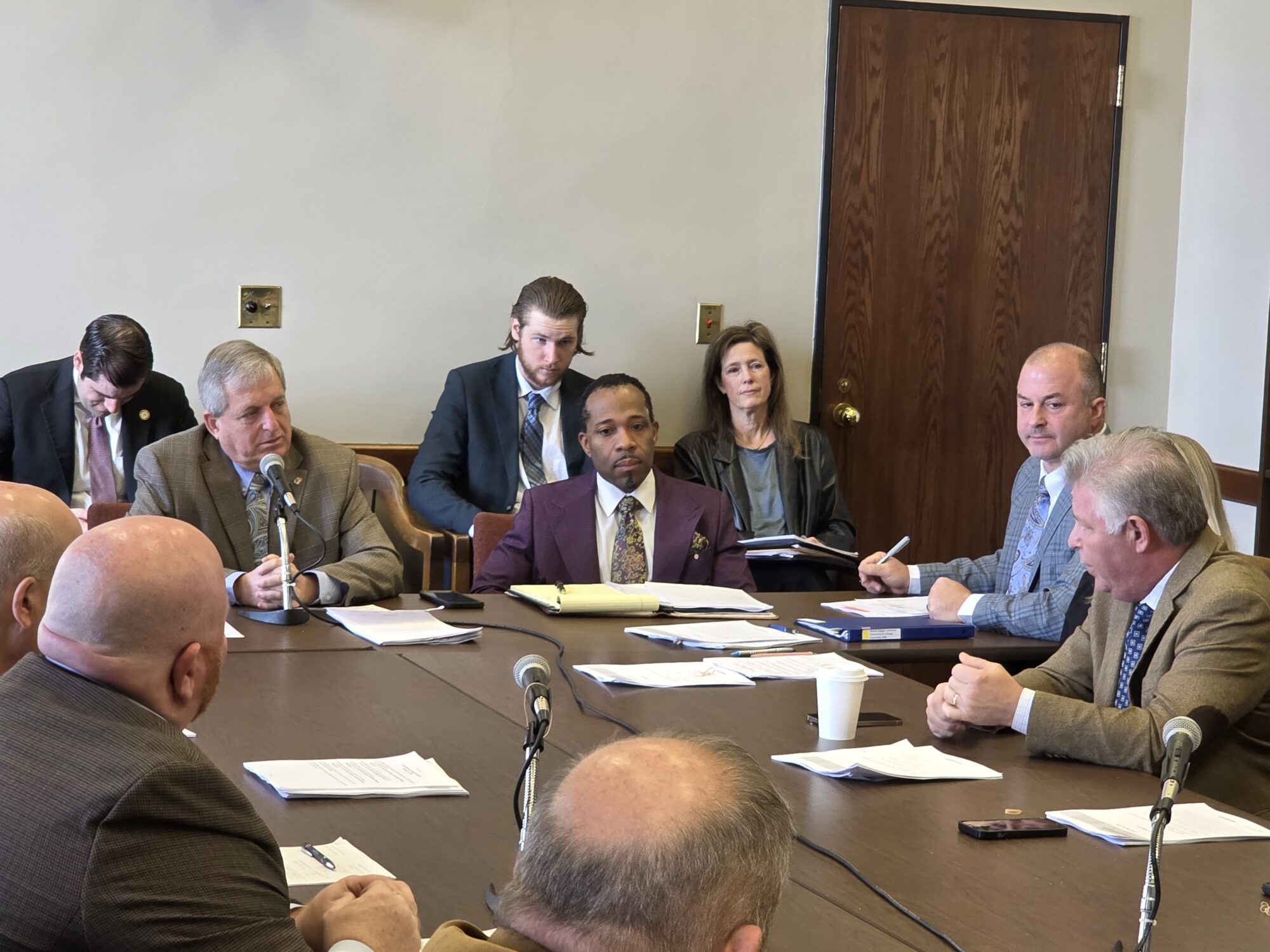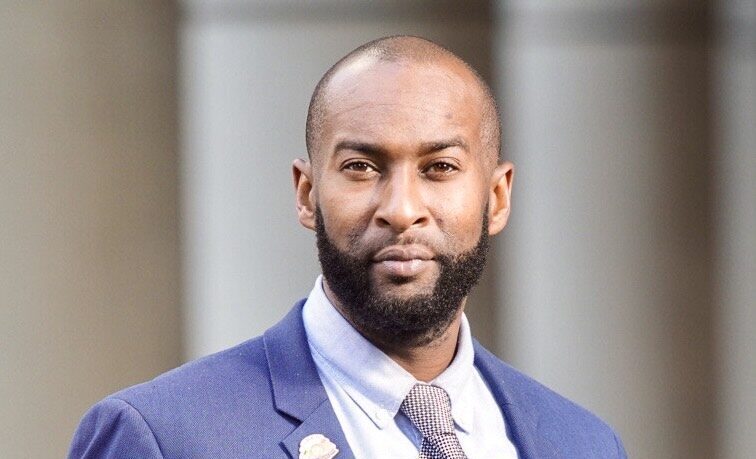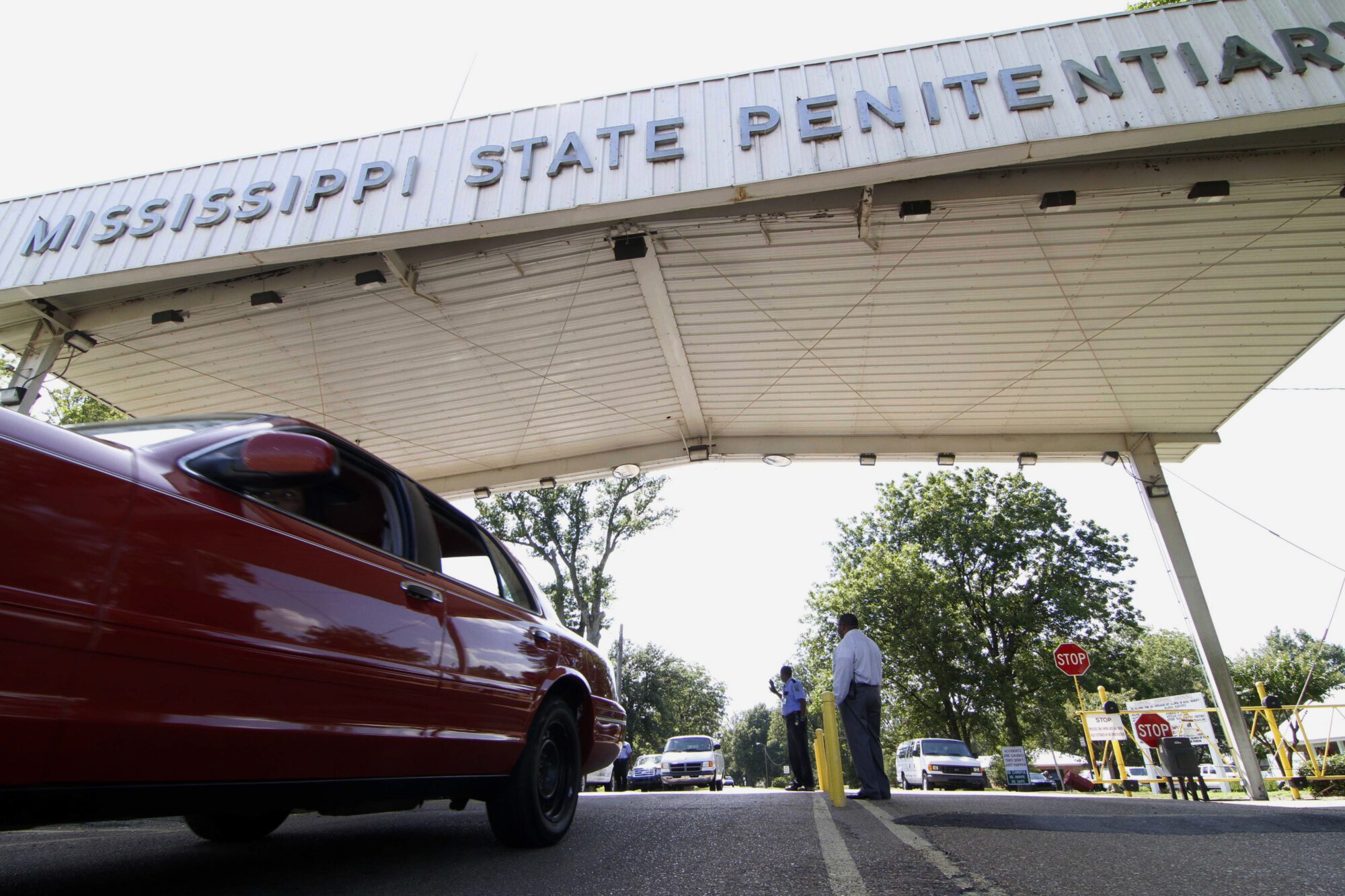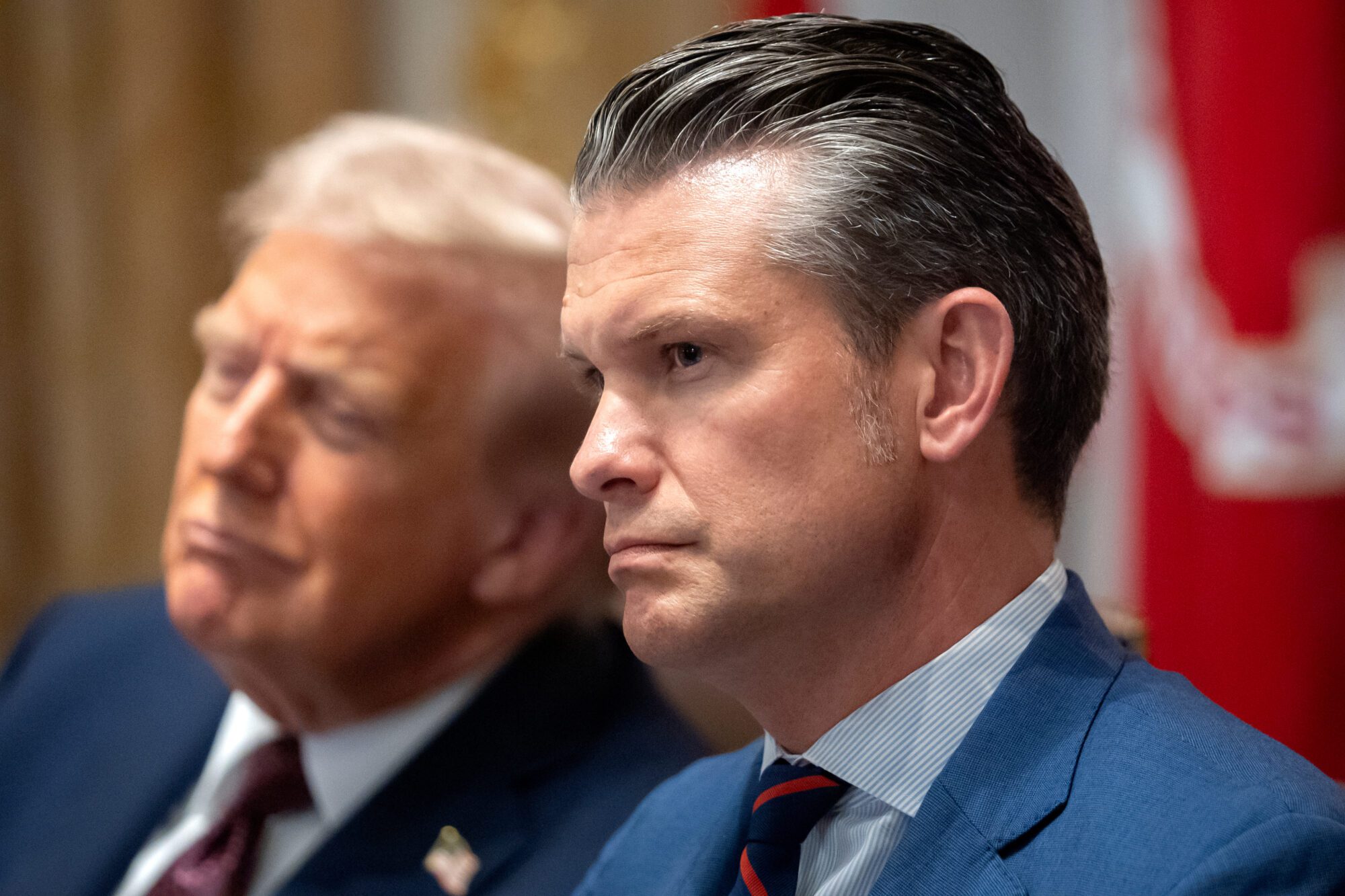
Ole Miss, Mississippi State and Southern Miss anticipate history making enrollment for the 2023-2024 academic year. The growth is requiring capital investments and facility expansions.
As students gather in the halls of the states’ three major universities, one thing is evident: more and more people are enrolling for a higher education.
Representatives of all three major universities in Mississippi – Ole Miss, Mississippi State and Southern Miss – reported increases in freshmen enrollment for the 2023-2024 academic year, though official numbers won’t be released until early November.
Dr. Regina Hyatt, Vice President of Student Affairs at Mississippi State, said staff and faculty are expecting the largest freshman class in the university’s history. She said 2,000 of those incoming freshmen participated in Maroon Camp, a week-long retreat aimed at preparing students for college life.
University of Mississippi Chancellor Glenn Boyce said he anticipates the freshmen enrollment this year to be about 5,300, lending to what he calls potentially the largest total enrollment in the university’s history. Last year, Ole Miss also reported record freshmen enrollment for the 2022-2023 academic year.
In Hattiesburg, University of Southern Mississippi President Joe Paul said he anticipates a five percent increase in this year’s freshman class, and a similar increase in the number of community college transfers.
Student enrollment isn’t the only thing administrations at the three colleges are looking forward to as classes gear back up. Expansion of facilities are in the works on each of the campuses.
At Mississippi State, work has begun to build a new kinesiology building and a new autism and disabilities clinic. In addition, utilities work is underway for a new residence hall that will add capacity for 400 students on the Starkville campus.
Upgrades in Oxford at the University of Mississippi include a planned opening of the Duff Center for Science and Technology Innovation in the fall. New student housing is planned for construction at the site of Kincannon Hall and a new practice facility for the college’s marching band, The Pride of the South, is underway. Chancellor Boyce said that a $45 million investment to renovate and expand the Manning Athletics Performance Center was completed earlier this year.
The Golden Eagles’ campus is also undergoing improvements. Dr. Paul said due to the increase in popularity of the fields of criminal justice, forensic science and security, an addition to those classroom facilities is planned. The addition will double the number of students who can study in those fields to a total of 400. Paul said nearly every student who graduates in these fields will have access to multiple job opportunities upon graduation.
While the next project is a few years out, a life science center is also planned for USM. Paul said it will serve as a place where professors and graduate students can conduct research, and it will provide better lab space and technology. The project is still in the preplanning phase, but it is anticipated to be a $90 million project that should break ground in the next few years. Roughly $30 million has already been provided by the state, Paul said.
At USM’s Gulf Park Campus, construction of a new center that will focus on the study of language disorders will help nursing students hone their skills, while also providing a viable service to families and children along the Mississippi Gulf Coast, Paul added.
With artificial intelligence becoming popular, there is an effort underway in Mississippi’s universities to ensure it is not only implemented into the curriculum, but also not used by students to take shortcuts in their journey to higher education.
Hyatt said Mississippi State is working to ensure faculty learn how to use the emerging technology as a teaching tool for research while ensuring students aren’t using AI to circumvent their learning. USM’s President Dr. Paul expressed a similar sentiment, saying the university has an office to focus on student integrity to ensure all get the best possible education.
“It’s not the grade you earn, but the quality of the education,” Paul said.
While the office of academic integrity focuses on ensuring students are doing their own work, there is a level of self-discipline on the part of the students, Paul said.











